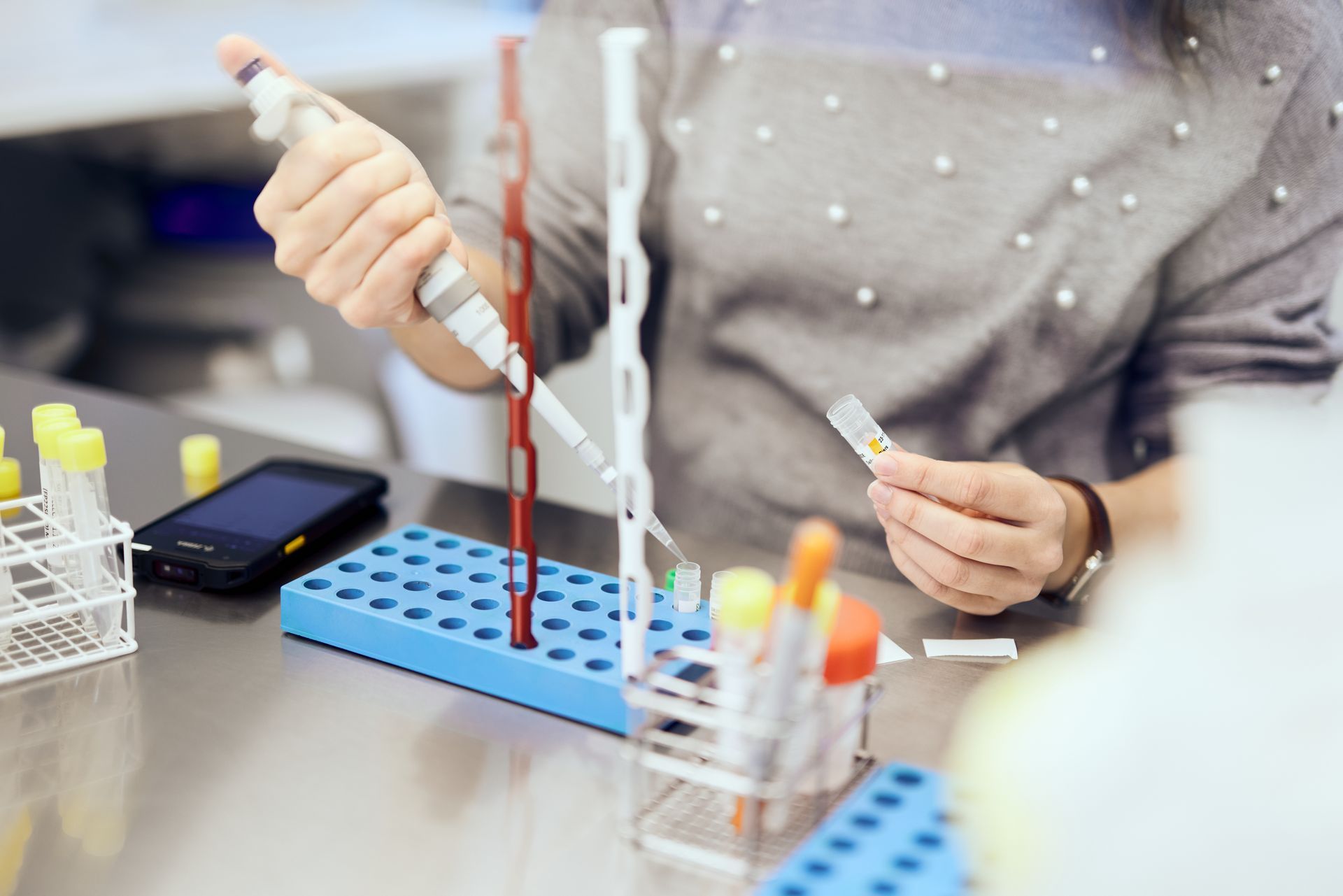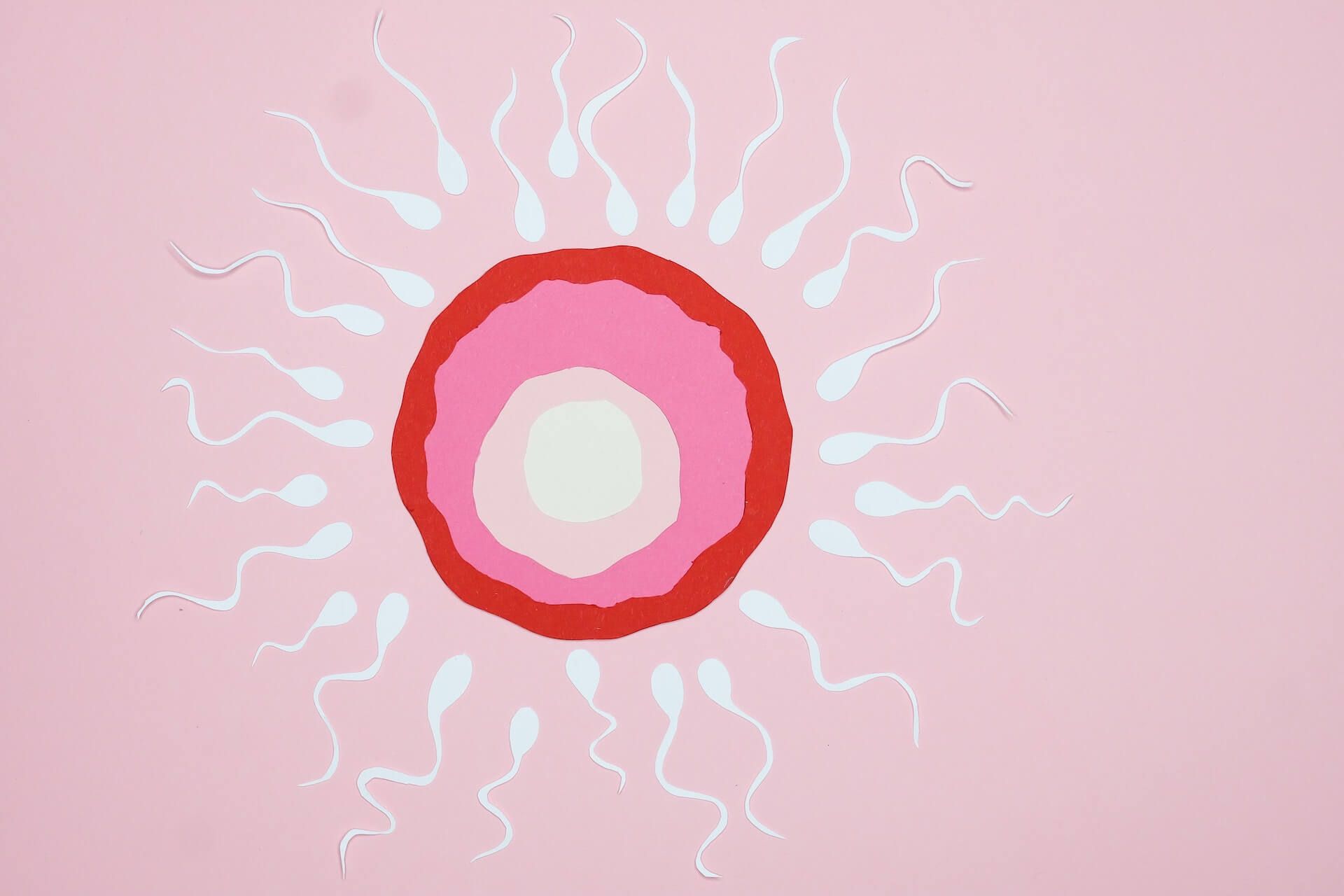Low Sperm Motility & Male Fertility
If you or your partner are experiencing problems with low sperm quality, you will probably encounter a lot of scientific and technical terms that might leave you confused. Sperm motility could be one of them. Keep reading to learn more about what it is, and how it can impact male fertility and your chances of getting pregnant.
What is Sperm Motility?
Sperm motility describes the movement of sperm. Sperm motility can be:
● Progressive - vigorous or fast forward or in large circles
● Non-progressive - dilatory or minimal in smaller circles
● Immotile sperm - no movement
The Sperm Motility Range
The sperm motility range measures the number of motile sperm per ejaculation. According to the WHO reference, a fertile male's ejaculate should have:
● A total motility (both non-progressive and progressive) of at least 40%
● A progressive motility of at least 32%
Normal Motility of Sperm
A total count of 20 million or more motile sperm per ejaculate is considered normal. Normal motility of sperm means that your sperm can move effectively. Therefore, you have a higher chance of getting your partner pregnant.
Low Sperm Motility & Fertility
If you have low sperm motility, it means most of your sperm are not swimming effectively. This condition is also known as asthenospermia. Low motility can affect fertility because sperm may never reach and fertilise the egg. In many cases, not all sperm moves perfectly, and that is completely normal. But if nearly all your sperm start moving slowly, fertility problems can arise.
Getting Pregnant with Low Motility
Because sperm must swim all the way through the cervix to the fallopian tube to fertilise the egg, progressively motile sperm means higher pregnancy chances. However, sperm motility is only one of the parameters when assessing sperm quality, and low sperm motility does not mean the end of your journey towards having a baby. Getting pregnant is still possible with the help of assisted reproductive technologies because these methods bypass the need for sperm to swim to fertilise the egg. These methods include:
Intrauterine Insemination (IUI)
IUI is an artificial insemination procedure that involves placing sperm into the uterus. This method reduces the movement necessary for the sperm to reach the egg.
In Vitro Fertilisation (IVF)
IVF is the most efficient assisted reproductive technology. The procedure involves the doctors retrieving the egg from the ovary and fertilising it with sperm in the lab. Then, they will transfer the fertilised egg (embryo) back into the uterus.
Intracytoplasmic Sperm Injection (ICSI)
ICSI is a procedure that involves injecting one sperm into an egg. ICSI is similar to IVF except that in IVF, several sperm are placed close to one egg and left to fertilise. In ICSI, the embryologist directly injects one sperm into the egg.
Conclusion
Sperm motility can be a crucial element in male factor infertility because it can be hard to get your partner pregnant if your sperm can't effectively move. However, motility is only one of the parameters when assessing sperm quality, and having low sperm motility should not discourage you and your partner from pursuing your dream of having a child.
If you have been unsuccessfully trying to conceive for 12 months or more, don’t be afraid to consult your fertility doctor who can advise you on the next steps and the possibility of using reproductive technologies. Remember, it takes just one healthy sperm to fertilise an egg, and using a sperm donor is also an option.
Other blog posts











